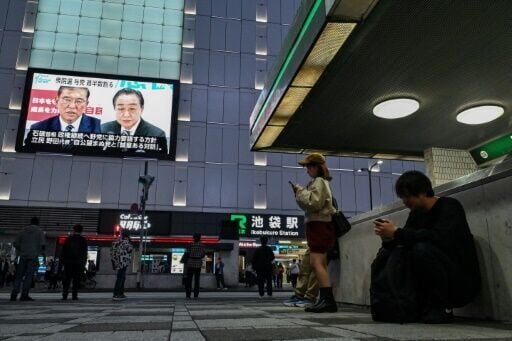Political uncertainty after Japan's election shock risks slowing economic reforms, pushing up government spending and even holding up the Bank of Japan's exit from its outlier monetary policy, economists said. Post-war Japan has long been a byword for political stability with the conservative, market-friendly Liberal Democratic Party (LDP) in power for all but four of the last 69 years. But the LDP-Komeito coalition lost its majority on Sunday, likely forcing Prime Minister Shigeru Ishiba into a minority government that would need support from other parties to pass legislation.
Businesses and economists worry that as concessions to other parties, Ishiba, 67, will offer tax cuts and higher spending, and go slow on reforms needed to improve Japan's competitiveness. Since 2021 "the country has had three prime ministers and Ishiba probably won't last very long in office, either", predicted Marcel Thieliant at Capital Economics. "That means that sweeping reform projects are unlikely," he said -- changes that were already "few and far between" in the past decade.
Syetarn Hansakul from the Economist Intelligence Unit also anticipated a "dilution of (the LDP's) reform agenda", which included plans to increase spending on defence and social welfare. In addition to investor sentiment, this will "dent confidence among households and businesses. Domestic demand recovery could suffer as a result," she said.
Ishiba has promised more support for households, to accelerate wage increases and .


















